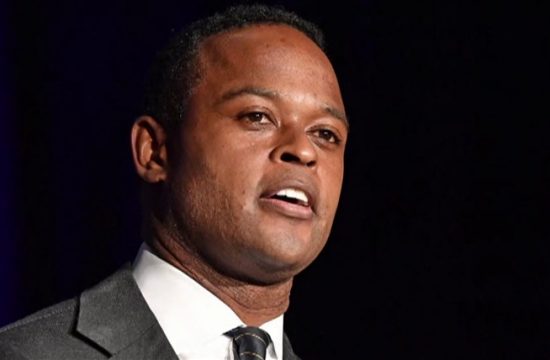Purdue Pharma, the drugmaker blamed for helping to unleash America’s staggering opioid crisis, agreed to plead guilty to criminal charges as part of an $8 billion settlement over its marketing of OxyContin, the Department of Justice revealed Wednesday.
The company agreed to pay the massive fines and admit criminal liability, but company executives and the Sackler family that owns Purdue Pharma do not admit to any criminal wrongdoing in the agreement. However, the settlement does not shield them from potential criminal liability in the future.
Sackler family members agreed to pay $225 million to resolve civil fines.
The company admitted to three felony counts for defrauding the federal government by misleading regulators about its efforts to restrict overprescribing of the drug and to violating anti-kickback laws by paying doctors to write more OxyContin prescriptions. The flood of opioids resulted in massive costs in health care to cope with addictions and deaths.
The total amount the government could seek under the agreement in civil and criminal fines is $8.3 billion, but the Justice Department will not seek more than $225 million from Purdue if it agrees to reorganize itself into a public benefit company. The fine against the family members is separate.
The agreement announced Wednesday must be approved by a federal bankruptcy court.
The reorganized company, under the agreement, would donate or offer steep discounts for overdose rescue drugs and treatments to help communities ravaged by the opioid crisis. The Sackler family would have no connection to the reconstituted company.
Purdue agreed to admit that for a decade, from 2007 to 2017, it told the Drug Enforcement Administration that it had an effective program for making sure that OxyContin was not diverted into improper sales. In fact, the government said, the company continued to provide opioids to more than 100 health care providers that it had good reason to believe were overprescribing it.
Deputy Attorney General Jeffrey Rosen, who announced the settlement, said it involves “one of the most important participants in the supply chain of prescription opioids, at the manufacturer level.” He said if it is approved by the bankruptcy court, it will “redress past wrongs, and will also provide extraordinary new resources for treatment and care of those affected by opioids addiction.”
Purdue faces hundreds of other lawsuits and bankruptcy claims, but the company has said it would seek a resolution with the Justice Department before dealing with the others. The company has proposed a global settlement of about $10 billion.
Some state officials said the Justice Department agreement did not go far enough. Massachusetts Attorney General Maura Healey said it failed to hold either the company or the Sackler family to account. “Justice in this case requires exposing the truth and holding the perpetrators accountable, not rushing a settlement to beat an election.”
Laura Strickler and Daniel Arkin contributed.












